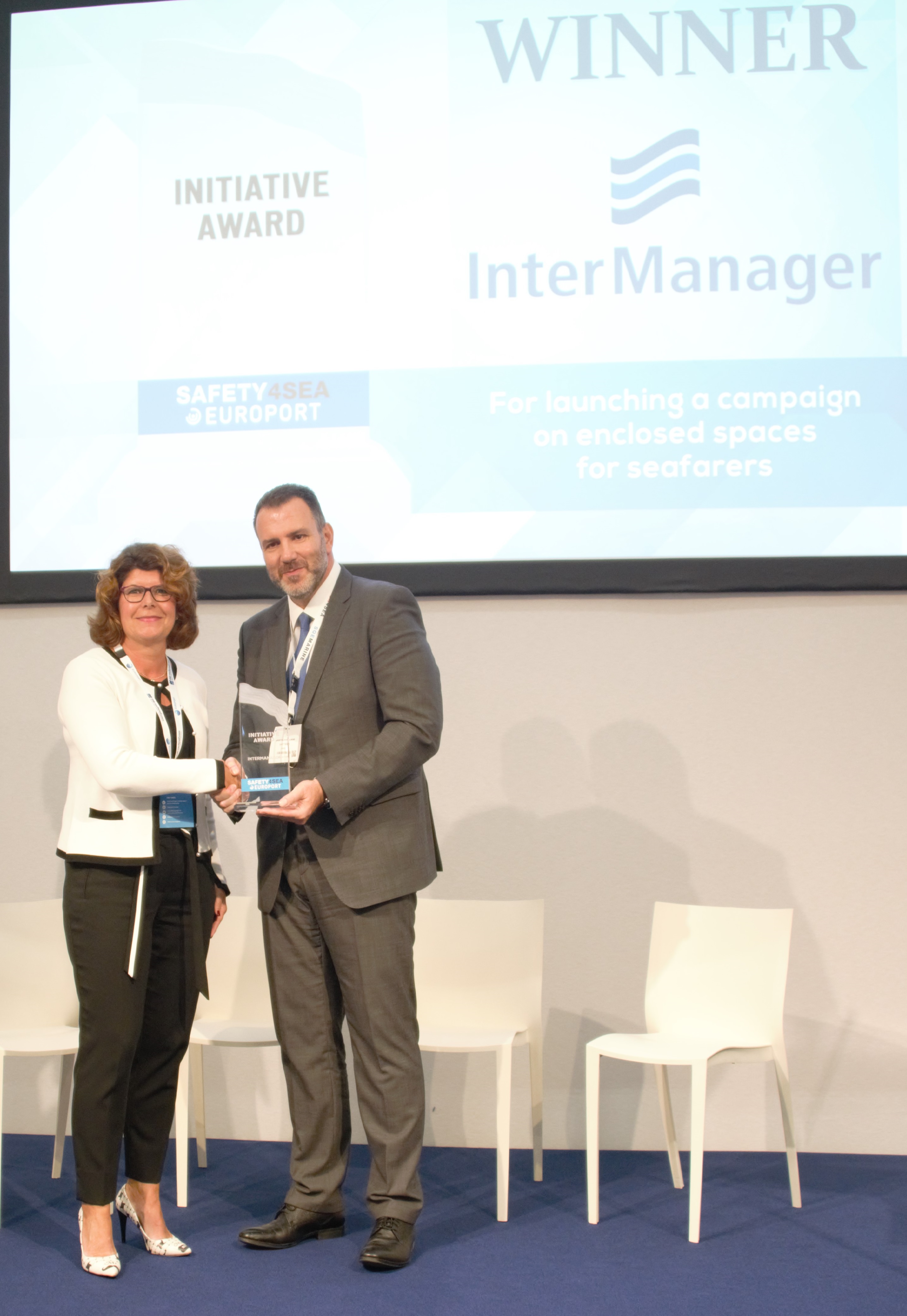When Costa Concordia sank last month, several hundred thousand dollars’ worth of dollar bills, euro notes and other currencies probably went down with the ship as well.
In a world where electronic salary payments are largely routine, the shipping industry is still in the dark ages as far as wage packets are concerned.
Even these days, crew members are often paid in cash, a time-consuming and expensive process that leaves seafarers vulnerable to robbery and mugging, particularly when they are heading home. Thieves are known to target ships’ crew at airports as they go on leave.
One estimate puts the size of the annual wage bill for shipboard personnel at $30bn a year, of which perhaps 8% represents cash on board ships. That equates to $2.4bn.
Pre-paid cards secured by chip and pin are opening up new opportunities for employers to eliminate such risks when they pay their crew, particularly ratings.
A major challenge, though, is to persuade seafarers that electronic payments are preferable to cash, says Greg O’Connell who is heading up a marketing drive by SeaPay, part of the Fort Lauderdale-headquartered CTI Group.
Having focused largely on the US passenger shipping industry since it was set up in 1987, CTI has now opened up an office in Liverpool as SeaPay targets European cruise lines and the cargo sector.
Pre-paid cards such as SeaPay’s can provide multiple ways of paying seafarers, according to Mr O’Connell, all of which are safer than cash.
A number of companies either offer this service or plan to launch electronic payment systems for seafarers, including the marine travel firm Griffin Global, which appointed former Inchcape Shipping Services chief executive Simon Morse as its new executive chairman a few days ago. Mr Morse was interested in developing more sophisticated wage payment methods when at ISS and has been working on related projects more recently. He now hopes that Griffin will expand into this line of work.
Travelex, the business payments specialist, also offered services to seafarers until it sold its pre-paid card business to Mastercard, which was not interested in keeping the maritime business.
Mr O’Connell, who worked for Travelex Maritime until it closed, says there is huge scope for reducing the amount of cash that shipboard personnel have to carry. Even tips could be loaded onto a card, via the ship’s purser. Removing cash from the system also delivers considerable savings.
CTI, whose partners are Visa, the Swiss bank Corner, and the money transfer company Euronet, estimates that for every $1m paid to seafarers in cash, there is potential to save $20,000.
Those savings range from less time spent stuffing wage packets and a reduced cash float, to cheaper security and so lower insurance premiums.
For the crew, there should be both time and cost savings, with seafarers no longer having to go ashore to wire funds home, for example, since money can be transferred from one card to another electronically.
SeaPay plans to highlight the benefits of pre-paid cards through social media campaigns, leaflets distributed at ports and other promotional campaigns directed at seafarers.
Electronic Pay Firms Woo Seafarers Away From Wage Packets
-
Rena Duo Get Seven Months
Debbie,
The captain and navigation officer of the grounded Costamare boxship Rena have been jailed for seven months in New...
-
PH To Allow Private Security Guards On Ships As Anti-Piracy Measure
Debbie,
The Philippines has given Manila-flagged merchant vessels the go-ahead to deploy private security groups to minimize the risk Filipino...
-
InterManager emphasises strength in numbers as Mark O’Neil is appointed to serve a further term as President
Debbie,
Gathering in Cyprus for the Annual General Meeting, InterManager members agreed that working together is the way to achieve...
-
Seventh Ship Attacked
Debbie,
Southeast Asia waters have seen a seventh product tanker attacked and its cargo siphoned since the start of 2015. In...
-
InterManager expresses condolences on the death of Queen Elizabeth II
Debbie,
On behalf of the international ship management community and our membership, InterManager expresses its heartfelt condolences to the British...
-
Costa Concordia Casualty Sparks Cruiseship Safety Shake-up
Debbie,
A ban on unnecessary access to the bridge and improved controls on watertight doors are among the measures expected...
-
Our Enclosed Spaces Campaign receives an industry award
Debbie,
InterManager is delighted to receive a 2019 Safety4Sea – Europort Award for our Enclosed Spaces campaign. The Safety4Sea – Europort...
-
Asphalt Venture Indian Crew Remain Captive In Somalia
Debbie,
Seven Indian nationals hijacked along with Asphalt Venture in 2010 are still being held by pirates in Somalia, according...



